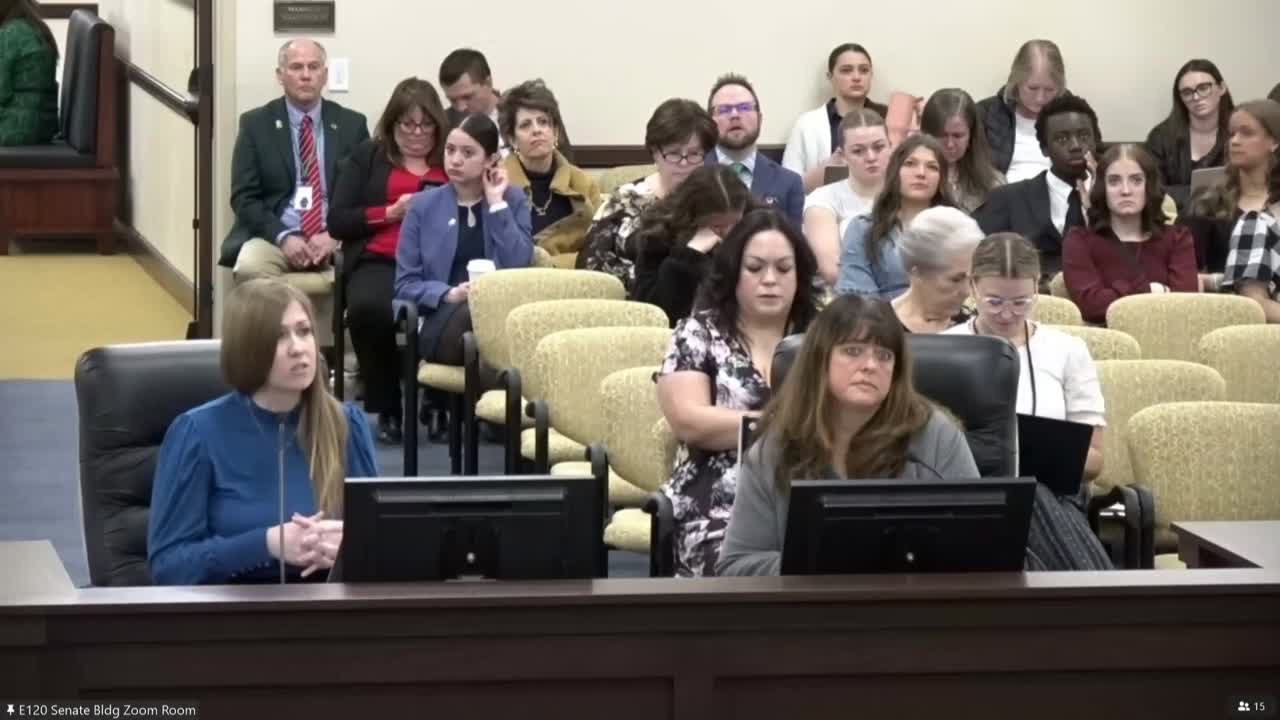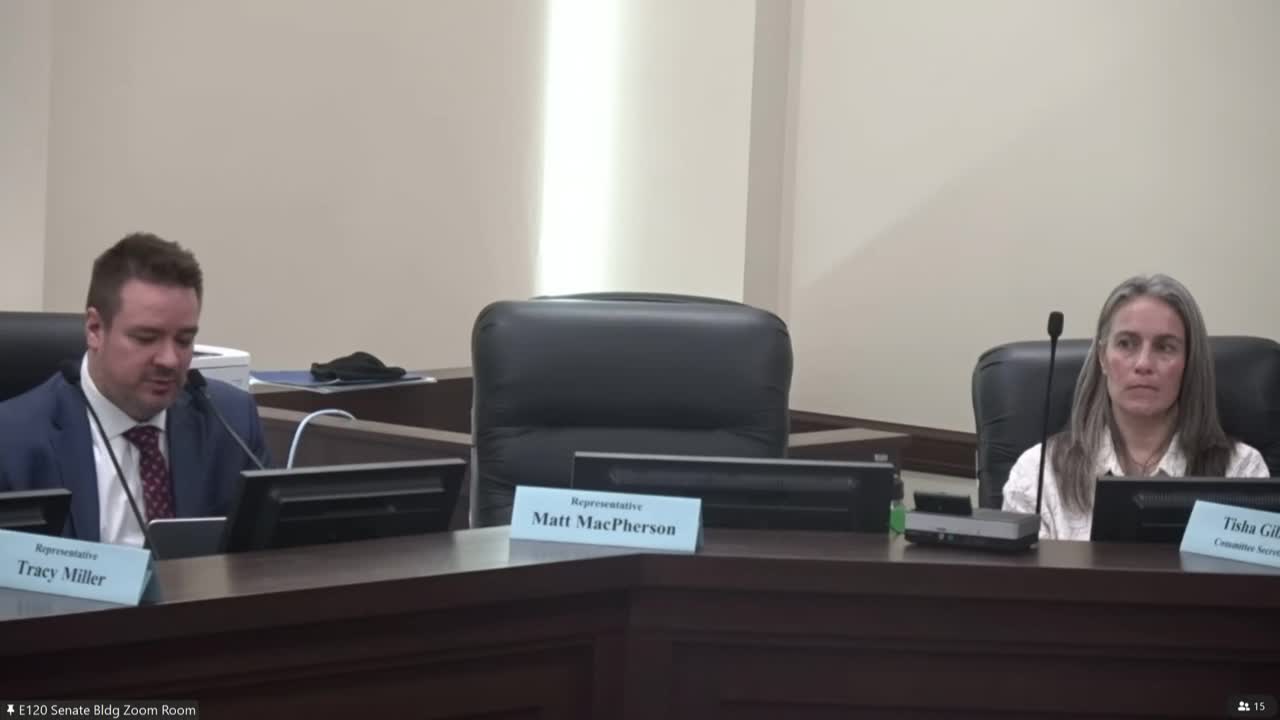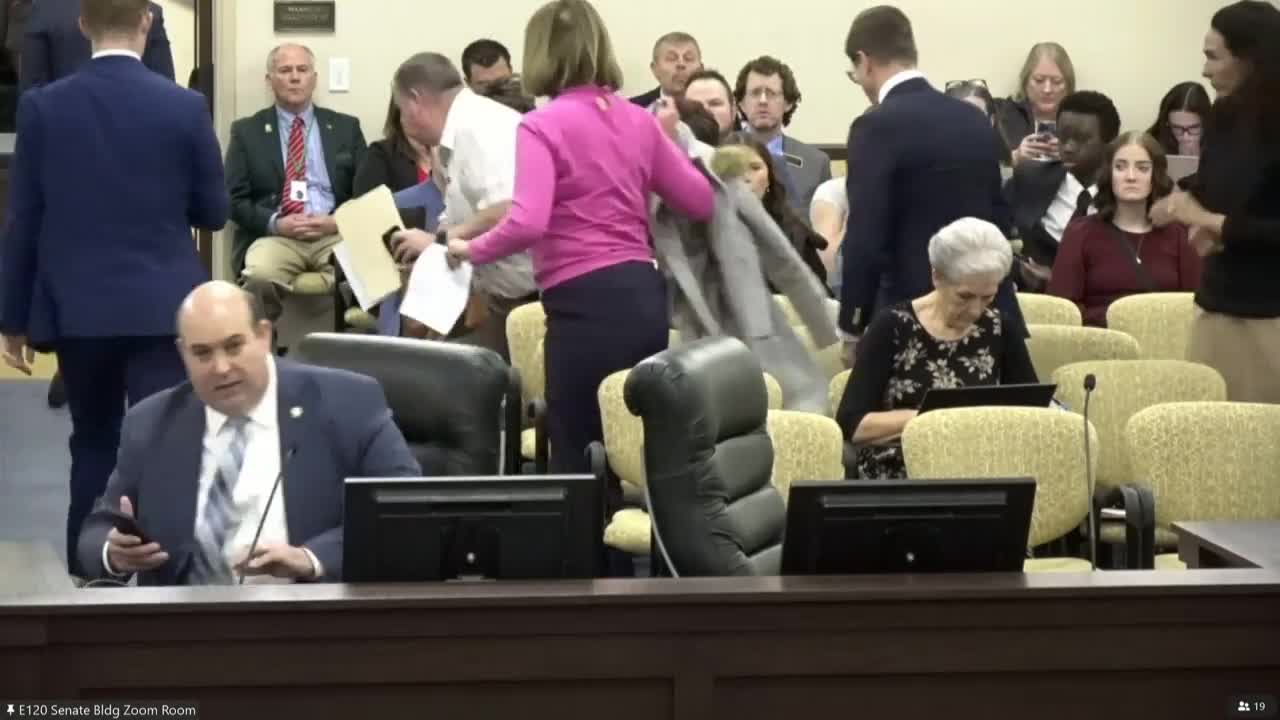Article not found
This article is no longer available. But don't worry—we've gathered other articles that discuss the same topic.

House panel advances bill to bar school governance agreements used in Salt Lake City district

Panel approves bill to codify seclusion and restraint rules, add reporting and immediate parent notification

